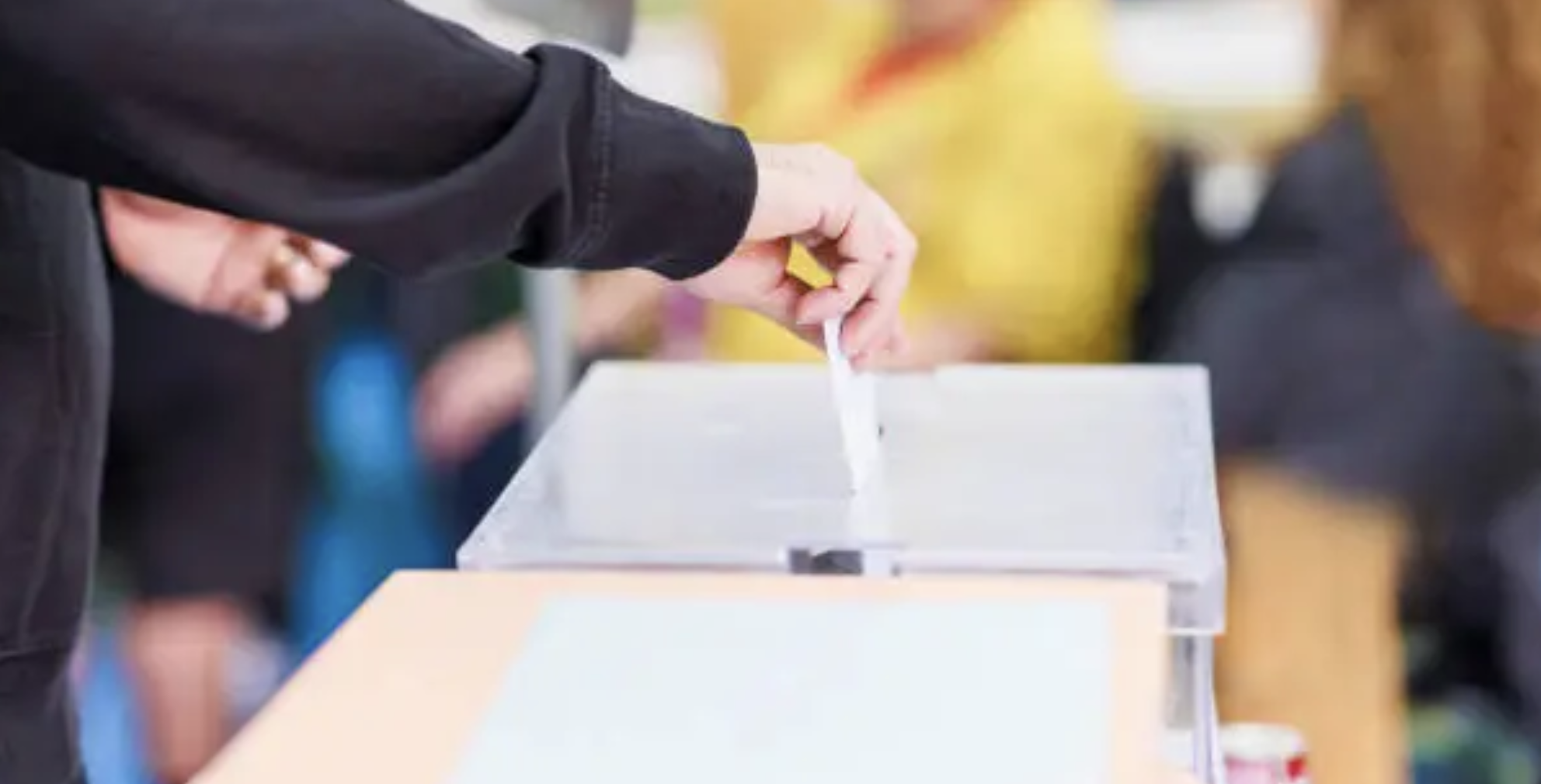Can we trust the SA 2024 election opinion polls?
As we get closer to election day, more and more opinion polls are being released. With the media keen for news, it is a great way for any organization to get press coverage. Of course, the more controversial or outlandish the results are, the more attention these polls tend to get.
But, can we trust them?
Recently, in a period of seven days, three polls hit the headlines. Ipsos, put the ANC at 40,2%, the DA at 21,9%, the EFF at 11,5% and MK at 8,4%. The second poll, commissioned by Iqbal Surve’s Independent Newspapers had the ANC at 18%, MK at 17% the DA at 13% and the EFF in the lead with 19%! It was only after reading the small print that it became apparent that they only polled voters in Johannesburg, Durban and Cape Town – three metros where the ANC is doing particularly badly.
A few days later Gareth van Onselen tweeted about the election tracking done by Social Research Foundation: “The ANC has been absolutely surging the last two weeks. Up to 45% as of yesterday on the 56% turnout model and no signs of slowing. If it continues this momentum, 50% becomes a distinct possibility.”
So, how to make sense of these different results? As a political analyst, I study all the polls and apart from ensuring that the poll is representative of class, race, gender and the rural/urban divide, there are a number of questions I ask when evaluating each one.
First, it is important to know when the research was done. Polling results are only snapshots of voter sentiment at the time the fieldwork was done. Naturally what was happening at that time could influence voter sentiment either positively or negatively. If, for example, there was stage 6 loadshedding when the research was done, one would expect to see a negative impact on the ANC numbers and an upturn for the opposition parties.
Second, it is important to know who did the research. Big agencies, such as IPSOS and Markdata have proven their salt over many years and despite some objections by political parties, tend to be reliable. The Brenthurst Foundation (set up by the Oppenheimer family) and Social Research Foundation (SRF) also do regular polling, but questions have been raised about their proximity to the DA.
According to IOL newspapers their poll was done by African Innovation Research South Africa (AIRSA). The AIRSA website lists their address as 122 St Georges Mall, Cape Town (the same as Independent Newspapers) and their phone number doesn’t work. This would suggest that it was an internal poll done by the newspaper, whilst trying to dress it up with an academic sounding name. This immediately raises serious questions about the legitimacy of the poll as borne out by the results (they also claimed the EFF would win the Western Cape).
This brings me to the “how”. Agencies use different polling methods. For example, Markdata and IPSOS tend to do face-to-face polling, with mock ballot papers and big sample sizes of 2500 to 3000 respondents. Brenthurst and SRF, on the other hand, usually do telephone polling, with much smaller sample sizes. Size matters when it comes to polling and as a rule, the bigger the sample size, the better. We also know that in South Africa phone polls tend to under-poll rural - and particularly ANC - voters. However, phone polling is quicker and cheaper and can be done more frequently as in the case of the very useful daily tracking by SRF.
When it comes to newspaper coverage, it is also important to look at the margins of error, which should be declared by the pollsters. It is usually between 1% and 4%, which means that the results can go either up or down by four or one percent.
So, recent “ANC support plummets”, headlines after the release of the IPSOS poll, might be true if they refer to the election results of 2019 when the ANC got 57%, but are misleading when comparing IPSOS polls over the last year, which have differed by only one to two percentage points – well within the margin of error.
Of course, such a sensational headline will get more “eyeballs” than an “ANC holds steady at 40%” headline, but it can cause unnecessary anxiety or kindle false hope amongst voters and international investors especially when we still have several weeks to go before election day.
Experience has taught us that it is only two to three weeks before an election, that polls become more accurate. So, even though they may be interesting and fun to look at for political nerds like me, I would wait a few more weeks before ordering your celebration party supplies or buying more anti-depressants.
